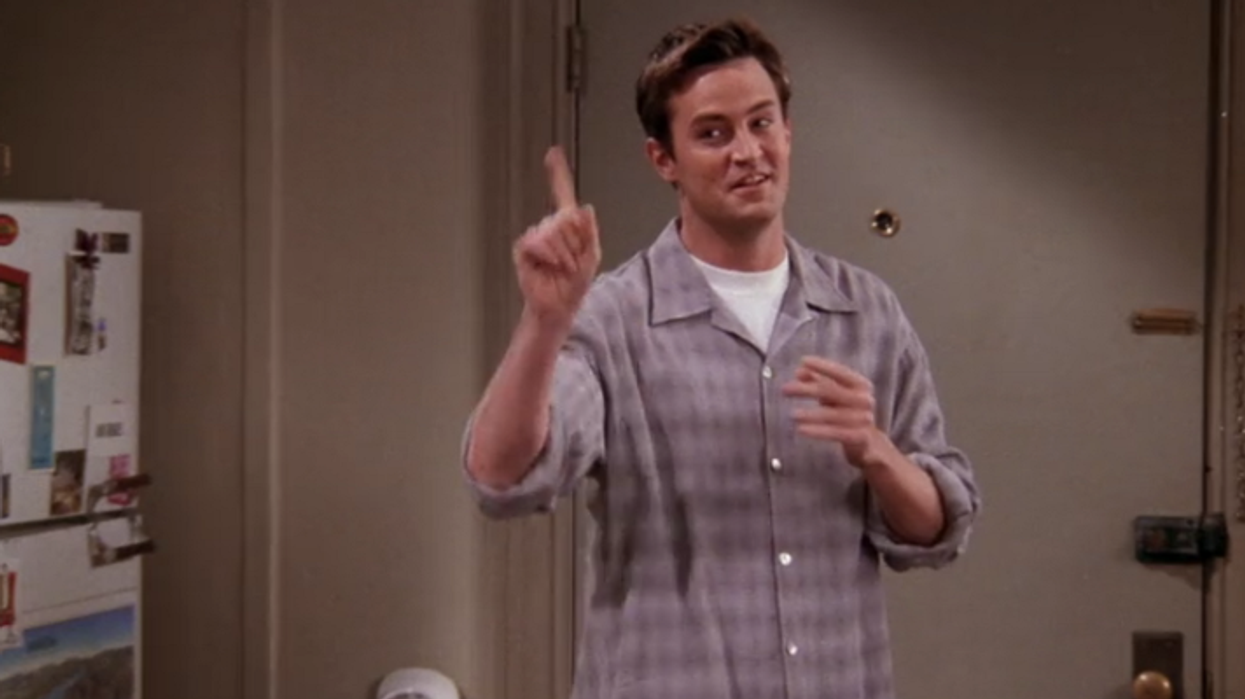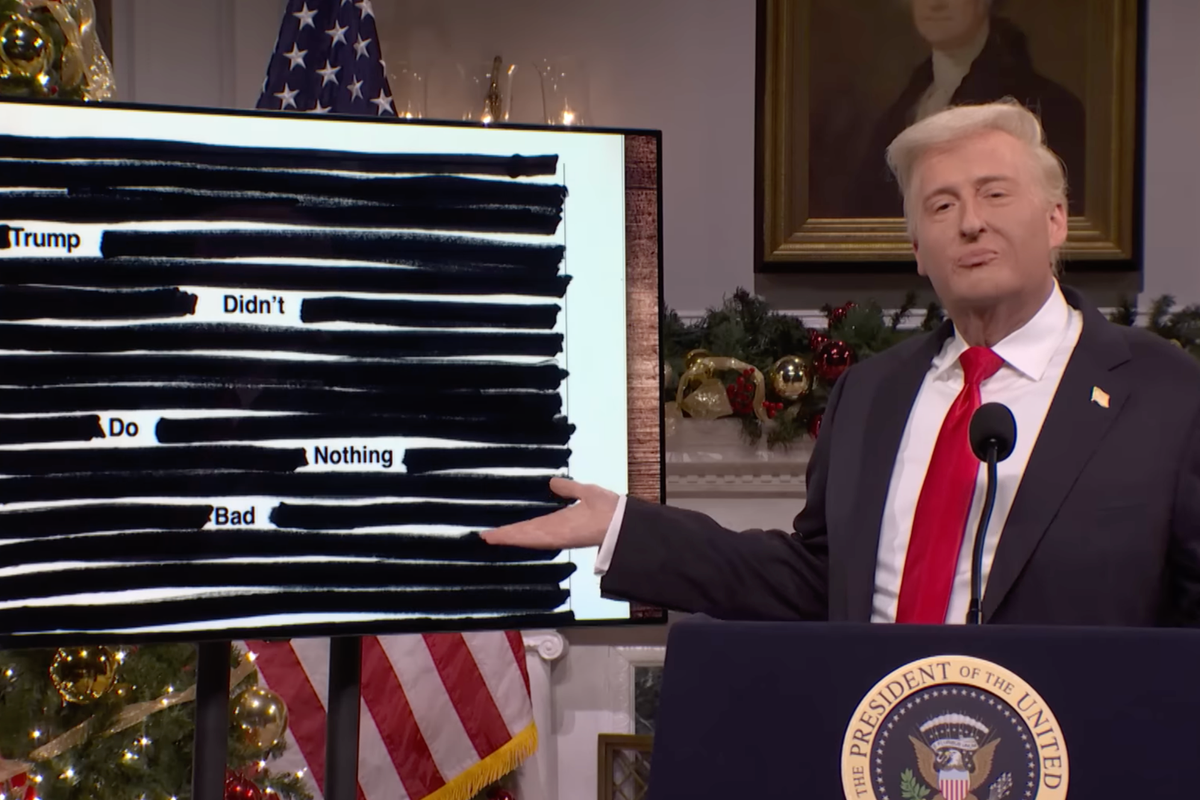
Being sarcastic can help your creative thinking processes.
Researchers at Columbia University, Harvard University and the INSEAD business school have found that sarcasm forces people to think critically about a statement for its actual meaning. In doing so, it requires more abstract thinking, which fuels making more creative connections.
Francesca Gino of the Harvard Business School, said:
To create or decode sarcasm, both the expressers and recipients of sarcasm need to overcome the contradiction (i.e., psychological distance) between the literal and actual meanings of the sarcastic expressions. This is a process that activates and is facilitated by abstraction, which in turn promotes creative thinking.
The study, published in the journal Organizational Behavior and Human Decision Processes, asked participants to conduct simulated conversations in which they were either sarcastic or sincere.
Afterward, those who had to express or listen to sarcasm performed more strongly on creative tasks than the control group.
Gino said:
Not only did we demonstrate the causal effect of expressing sarcasm on creativity and explore the relational cost sarcasm expressers and recipients have to endure, we also demonstrated, for the first time, the cognitive benefit sarcasm recipients could reap.
She continued:
Those in the sarcasm conditions subsequently performed better on creativity tasks than those in the sincere conditions or the control condition. This suggests that sarcasm has the potential to catalyze creativity in everyone. That being said, although not the focus of our research, it is possible that naturally creative people are also more likely to use sarcasm, making it an outcome instead of [a] cause in this relationship.
HT MentalFloss












